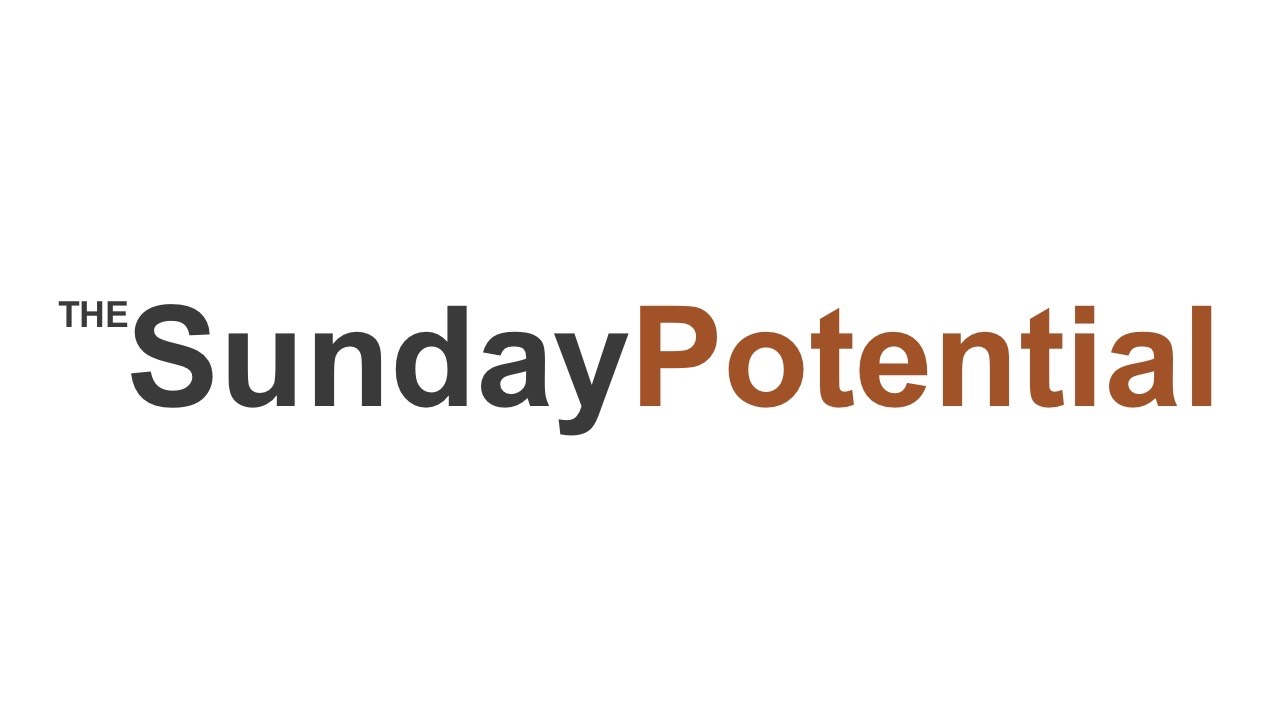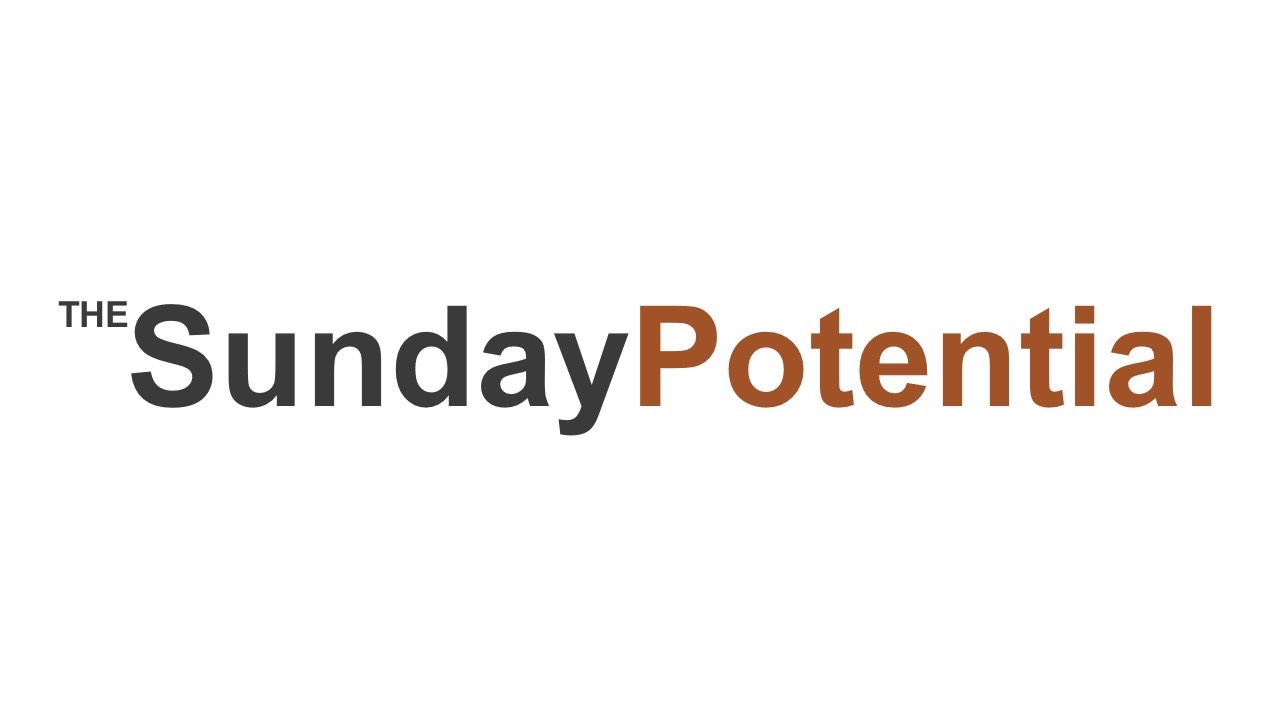Using Journaling to Increase Focus and Emotional Control
My son ran into my office and pulled my arm down to him. He said, "Dad, you've been staring at the screen for too long." This is a phrase that he started using on me after I told him we shouldn't stare at screens for too long.
I spent the last hour on Home Depot and Lowe's website looking at bathroom fixtures, and eventually, I went to YouTube for more inspiration. But I didn't end up just looking at bathroom fixtures.
When he started tugging on my arm, he woke me from a trance, and I realized my time had been stolen and wasted.
Of course he was right, my priorities had been displaced by a screen serving up aesthetically pleasing objects.
As he dragged me into the living room and started to take me down for wrestling, a haunting question came to the forefront of my mind.
"Have I been wasting years staring at a screen, becoming forcefully distracted to focus on the wrong things?"
In the book ADHD 2.0, the authors Edward M. Hallowell, M.D. and John J. Ratey, M.D. describe an ADHD-like Trait. “Their “ADHD” is a response to the massive increase in stimuli that now bombard our brains and our world.” In other words, people may appear to have ADHD but, in reality, do not have the diagnosable condition or genetic predisposition. Instead, they are trapped by fight or flight inducing colors on an app serving up people's faces and lives.
They go on to state:
“The massive behavioral conditioning we’ve all been undergoing since the advent of ubiquitous electronic communications technology has changed us radically. But this dramatic, if not epochal, change is underappreciated. It’s underappreciated because we’re living in it as it happens, like frogs in cold water that slowly gets heated up without the frogs trying to jump out until they’re boiled.”

The Impact On Us
Social media usage negatively impacts focus and concentration in academic, professional, and personal contexts due to its distracting nature and the cognitive overload it induces. Social media is designed to capture attention with affective intensity, which often leads to pleasurable but disorienting distractions, reducing cognitive and emotional stability. In academic settings, excessive use decreases study time and increases procrastination, resulting in poorer academic performance. Similarly, it lowers task performance and productivity in professional environments, disrupts focus, and contributes to technostress. While social media provides connectivity and information sharing, its potential to detract from focus and productivity highlights the importance of moderation to mitigate these adverse effects.
So, how do we combat this wave of distraction?
Well, I've tried removing apps from my phone only to put them back on, and then I also tried "Getting Things Done" apps to help me focus, like Things 3 or even Apple Notes, but these didn't work because they were always missing something that I couldn't put my finger on.
Ironically, The Answer came to me in a YouTube video.
Carol Ryder is the author of the "Bullet Journal," a highly adaptable notebook system that is, as he states, "a mindfulness practice that's presented as a productivity system." He suffers from ADHD and went through some of the trials and tribulations that I myself tried, but eventually discovered none of them worked.

This was when he started working on a highly efficient journaling method. Now, he has multiple YouTube videos explaining the method, and I would definitely put them on your list to watch. One word of caution: As you research bullet journaling, you will come across people with highly artistic notebooks. Do not be fooled into thinking that this is just an artistic endeavor of a journal with different-colored pens, tape, and roller glue.
This highly adaptable tool based on specific intentions helps you stick to your principles and advance multiple aspects of your life.
Here is one of my typical entries.

There is a notation structure in Bullet Journaling.
Bullets are things to do.
Dashes are general notes.
Equal signs are feelings.
Circles are meetings or events.
An X means you completed the task.
This is just the tip of the iceberg. Bullet Journaling is an entire system that has helped hundreds of thousands of people become super productive while also understanding themselves on a deeper level.
Note: Journaling is not just a method for emotional platitudes but an effective method of discovering, organizing, and reapplying emotional thoughts.
Getting Things Done
Waking up in the morning now involves looking at my journal and reviewing the daily checklist, jotting down new things to do for my day, and expressing my feelings based on my state of mind. I no longer doom scroll or check email. I'm focused on my internal needs and wants, not being spoon-fed the needs and wants of others. My actions are more aligned with my values and principles.
Increasing Recording, Reflection, and Action
If I come up with an idea while working out, I can pull out my journal and immediately write it down, including drawing pictures. Then, I can reflect on it later without being distracted because it is not my phone. Finally, I can decide if I should act on this right now. I can do this by looking back at my intentions page that I wrote down at the beginning of the year.
Apps do not do a good job of displaying your initial intentions, such as what you are curious about or what you want more or less of out of Life. Also, an app can decide to display an intrusive or distracting prompt at any time, whereas a journal does not.
If the action aligns with my intentions, I move forward with it.

Sticking to My Principles by Checking My Underlying Emotions
Emotions are important to notice because they can derail your goal train and make you spend all that time putting it back on the tracks. In journaling, you can jot down a lookout phrase for negative emotions.
An example would be the entry I made the other day.
- Watch for Frustration, only slept 4.5 hours
I now have a warning to myself about an emotion that might rise and take control of my actions, negatively affecting myself and the people I care about. I do not want to get mad at my wife or frustrated with my son. I want to spend loving moments with them by focusing on my original intentions of "creating more magical moments with my wife" and " slowing down, loving, listening, and teaching my son." As the emotion rises, the reminder ensnares it into my pre-made trap. Now, dangling from the tree, I can decide where it should go.
Journaling Works
Multiple studies have shown journaling supports focus by enhancing self-awareness, emotional regulation, and reflective thinking. These processes help individuals manage distractions and maintain concentration, making journaling a valuable tool for improving focus in personal and professional contexts. However, Meta-Analysis of journaling has been proven difficult because of the wide heterogeneity or uses of journaling. In other words, not everyone uses the same method. Cross-sectional and randomly controlled trials have shown good benefits. I have seen excellent results with my patients.
Writing, particularly expressive and repeated writing, can significantly enhance various aspects of memory, including working memory capacity, everyday memory functioning, and the organization of information in memory. These benefits are attributed to the cognitive processes involved in writing, which help manage intrusive thoughts and create distinctive memory traces.
The Conclusion
I highly recommend journaling if you want to increase your focus, stick to your goals this year, and improve your emotional control.

Assessment and Plan
Assessment
Loss of Focus and Purpose leading to Anxiety or Depression
Plan
- Purchase a Pen and Notebook.
- Start to research journaling Methods.
- Begin by writing out your Intentions for the Year.
- Followed by a Vision of yourself.
*The assessment and plan serve as a lifestyle medicine intervention you can use as a reader to help improve your life. As always, check with your own doctor before pursuing life-changing habits.
Disclaimer: This newsletter is for general informational purposes only and does not constitute the practice of medicine, nursing, or other professional health care services, including the giving of medical advice, and no doctor/patient relationship is formed. The use of information in this newsletter or materials linked from this newsletter is at the user’s own risk. The content of this newsletter is not intended to be a substitute for professional medical advice, diagnosis, or treatment. Users should not disregard or delay in obtaining medical advice for any medical condition they may have and should seek the assistance of their healthcare professionals for any such conditions.
References
- Trivedi, C., Mansuri, Z., Vadukapuram, R., & Reddy, A. (2021). Social media and its effect on mental health: Friend or foe?. European Psychiatry, 64, S758 - S758. https://doi.org/10.1192/j.eurpsy.2021.2009.
- Skogen, J., Hjetland, G., Bøe, T., Hella, R., & Knudsen, A. (2020). Through the Looking Glass of Social Media. Focus on Self-Presentation and Association with Mental Health and Quality of Life. A Cross-Sectional Survey-Based Study. International Journal of Environmental Research and Public Health, 18. https://doi.org/10.3390/ijerph18063319.
- https://bulletjournal.com
- Smyth, J., Johnson, J., Auer, B., Lehman, E., Talamo, G., & Sciamanna, C. (2018). Online Positive Affect Journaling in the Improvement of Mental Distress and Well-Being in General Medical Patients With Elevated Anxiety Symptoms: A Preliminary Randomized Controlled Trial. JMIR Mental Health, 5. https://doi.org/10.2196/11290.
- Sohal, M., Singh, P., Dhillon, B., & Gill, H. (2022). Efficacy of journaling in the management of mental illness: a systematic review and meta-analysis. Family Medicine and Community Health, 10. https://doi.org/10.1136/fmch-2021-001154.


